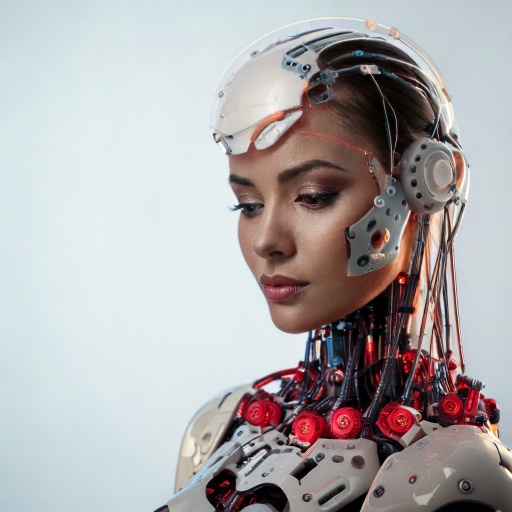The Green Revolution in Robotics: How Reprogrammable Robots Can Tackle E-Waste

The Future of Sustainable Robotics
In an innovative step towards sustainability, researchers are proposing a new model for robotics that focuses on reprogramming and repurposing existing robots. This could drastically reduce e-waste and lower the environmental footprint of robotics industries, where up to 80% of environmental impact is determined during the design phase. By embracing a circular economy, robots can be reused and reprogrammed for different tasks, minimizing waste.

Addressing E-Waste in Robotics
E-waste is rapidly increasing, with predictions that it will rise significantly by 2030. The push for more environmentally friendly robotics focuses on designing digital employees that are adaptable, capable of being reprogrammed for multiple functions, and built to last longer. This shift could revolutionize how robotics is integrated into workplaces, reducing both waste and the carbon footprint.

Challenges and Future Directions
Despite its promise, the concept of reprogrammable robots faces technical and industry barriers. Researchers are working towards developing feasible solutions that make this new model accessible to industries globally. The collaboration between institutions aims to pioneer a sustainable future for robotics that addresses environmental concerns while meeting the growing demand for automation.

Key Highlights:
- Researchers propose a sustainable model for robotics through reprogrammability and repurposing, potentially reducing e-waste.
- Approximately 80% of a robot's environmental impact is determined during design, making sustainability crucial.
- The growing field of non-human workers could benefit from robots designed for multiple tasks, extending their lifespan.
- The transition to more sustainable robotics faces technical and industry challenges, but ongoing research aims to address them.
Reference:
https://www.technologynetworks.com/applied-sciences/news/a-sustainable-future-for-robotics-395082


